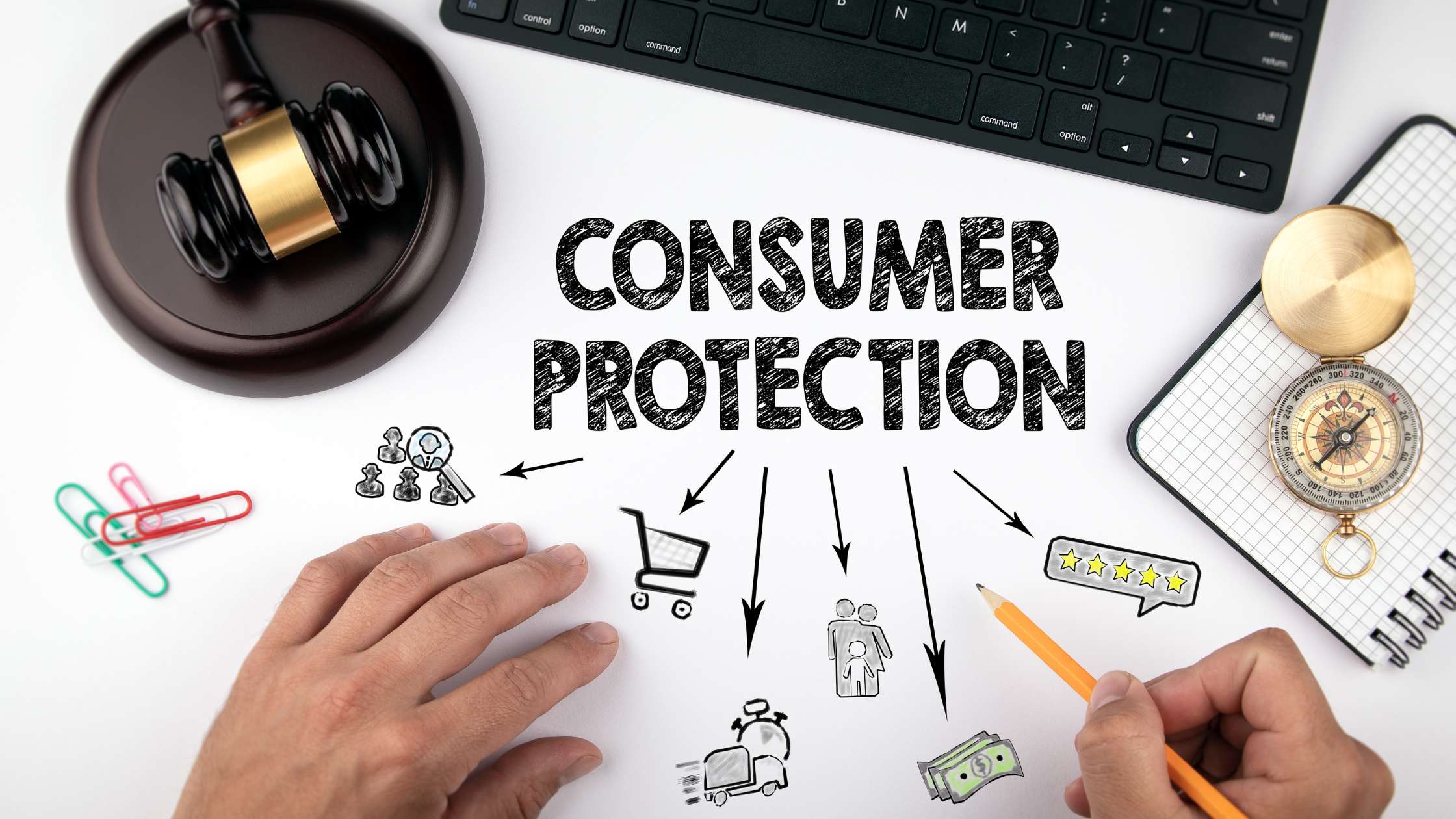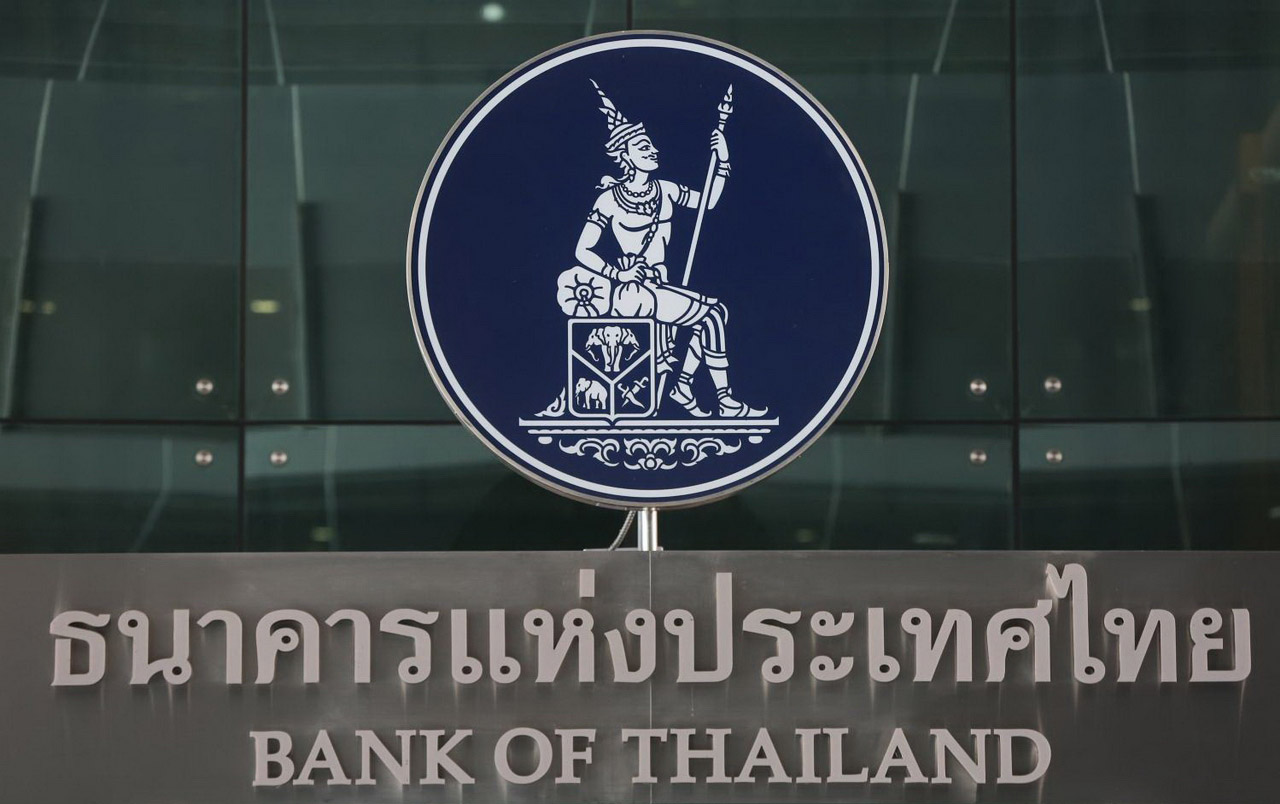|
Key Contacts Nirawan Parkpeeranun Pawee Jongrungrueang Kiratika Poonsombudlert Chandler MHM Limited |
INTRODUCTION
The Consumer Protection Act No.4 (the “Act No. 4”) published in the Government Gazette on 27 May 2019, strengthens the law relating to the safety of products and services. The act ensures that the consumer is better protected by in part imposing more penalties on business operators who fail to comply with the requirements. It is therefore important for business operators to understand the requirements of the new act. The Act No. 4 will take effect on 25 August 2019.
Background
Thailand’s consumer protection laws address the basic rights of consumers, namely, (i) the right to be informed, (ii) the right to choose, (iii) the right to safety, (iv) the right to fair contract terms, and (v) the right to compensation for injury. The consumer safeguards in Thailand are provided for under various legislative acts covering specific matters. Among others, the Consumer Protection Act, B.E. 2522 (1979) (the “Consumer Protection Act”) and its previous amendments have established requirements and guidelines for Thailand’s consumer protection.
SAFETY OF PRODUCTS AND SERVICES
Under Act No. 4 specific committees covering advertising, labelling, and consumer contracts in addition to a specific committee covering the safety of products and services (the “Committee on Safety”) are to be set up. These will act as a new regulatory body with the power to issue orders and subordinate legislation under the Consumer Protection Act.
The Act No. 4 repeals certain provisions of the Consumer Protection Act that provided broad safeguards for consumers in relation to dangerous products and services. The amendment includes a new section on the safety of consumers which provides new definitions, compulsory procedures for business operators (regardless of whether they are importers, manufacturers, sellers, resellers, or advertisers), preventive measures, remedial action plan and legal liabilities.
Dangerous Products and Services
Subject to other specific legislation, a “Dangerous Product” means a product that causes or can cause injury to the life, body, health, hygiene, or property of consumer. The term “Dangerous Service” also has the same definition.
Dangerous products are prohibited from being manufactured, imported, sold, ordered for sale, and being advertised. Business operators must properly handle specified “label controlled” products and certain products and services (to be specified by the Committee on Safety) using preventive measures. For example business operators may have to conduct product safety surveillance during the warranty period, maintain statistical records of the said surveillance, communicate with consumers, investigate complaints from consumers, conduct after sales monitoring of products and services.
If a business operator can foresee that a product or service could cause severe danger to a person or property, that business operator is required to notify other operators and the Office of the Consumer Protection without delay about the danger and rectify such dangerous condition.
Temporary Suspension
The Committee on Safety is empowered to order the business operator to examine or prove whether a product or service is dangerous. However, if there are grounds to believe that a product or service is dangerous, the Committee on Safety can also order the business operator to temporarily suspend the sale or service until the result of the examination is known. In any case, the business operator will be required to submit the report of examination to the Committee on Safety within a prescribed period.
Banned Product or Service
If the Committee on Safety finds that a product or service is dangerous, it can issue an order to prohibit the sale, production for sale, ordering or importation of that product into the Kingdom of Thailand, or prohibit the provision of the dangerous service. The Committee on Safety can also order the business operator to rectify or adjust the dangerous service or product, destroy or return it to the country of origin, as the case may be.
The manufacturer or the importer is responsible for recalling dangerous products from the market/consumers and compensating consumers. The business operator, who is the manufacturer or the importer, is required to submit a plan for consumer rectification and compensation within seven days from the date of receipt of an order from the Committee on Safety prohibiting that business operator from selling unsafe products or services. If the business operator fails to prepare the plan, the Committee on Safety may issue the plan at the expense of the business operator. Once the plan is approved by the Committee on Safety, the business operator must publish the plan within three days from the date of notice from the Committee on Safety. This plan shall not prejudice the rights of consumers to initiate further litigation against the manufacturer of the importer.
OTHER AMENDMENTS
A summary of the key revisions under the Act No. 4 are as follows:
- Local official: The Act No. 4 decentralizes the power of the central consumer protection authority. A local official can be appointed with the same duties as an official from the central authority under the Consumer Protection Act. A fine paid by the offenders as a penalty under the Consumer Protection Act to the local authorities will be the revenue of those authorities.
- Publication of court judgments and offenders: In a case where a final court judgment adjudicates that a business operator violated or failed to comply with the Consumer Protection Act, the Office of the Consumer Protection can publish the court judgment in part or whole to inform the public. This would include non-compliance with or violation of subordinate regulations by such business operator and the name of the business operator and relevant person.
- Correction of Advertisement: If the Committee on Advertisement considers any advertisement to be in violation of the Consumer Protection Act and orders the business operator to correct the advertisement but the business operator fails to do so, the Committee on Advertisement may arrange for the corrected advertisement to be posted in the media at the expense of the business operator.
- Suspension of Advertisement: If the Committee on Advertisement considers that there are grounds to suspect that an advertisement is false or exaggerated, the Committee on Advertisement may temporarily suspend the broadcasting of such advertisement until further proof is made.
- Litigation on behalf of consumers: The Committee on Consumer Protection can initiate litigation in relation to the violation of consumer’s rights on behalf of the consumers.
- Settlement of an offense: The power of the Committee on Consumer Protection to settle court fines will be limited to offenses in respect to which the penalty is a fine or the offense is one in relation to which the penalty is a fine and/or a term of imprisonment of not more than one year. When the alleged offender has paid the fine as determined by the Committee on Consumer Protection, within 30 days from the date of determination, such case shall be regarded as settled. The right to proceed with a criminal charge against the alleged offender by the Committee on Consumer Protection shall be extinguished pursuant to the Criminal Procedure Code.
- Penalties: The Act No. 4 sets forth new penalties for violation and failure to comply with the new provisions. Penalties for violation of some existing laws are also increased.
This publication is intended to highlight an overview of key issues for ease of understanding, and not for the provision of legal advice. If you have any questions about this publication, please contact your regular contact person(s) at Mori Hamada & Matsumoto or Chandler MHM Limited, or any of the Key Contacts listed in the far-right column.


























































 Chandler MHM Limited
Chandler MHM Limited Jessada Sawatdipong
Jessada Sawatdipong




